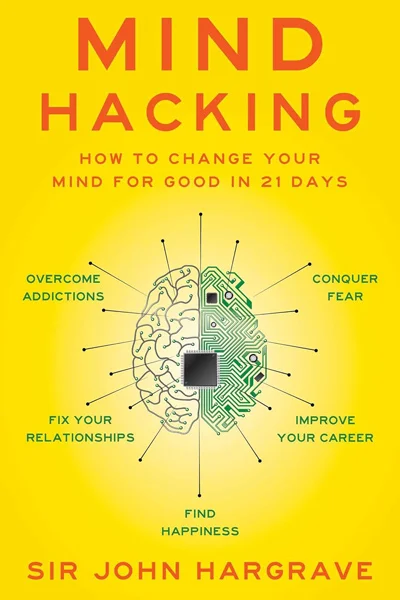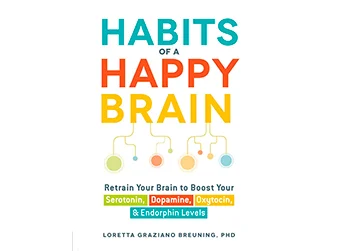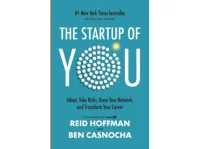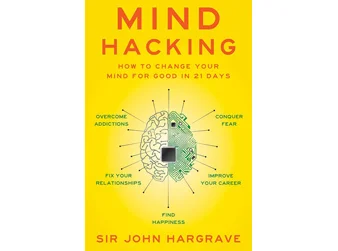
So pour yourself some tea, free your thoughts, and check out 6 tips from John Hargrave's book "Mind hacking. How to reconfigure your brain in 21 days".
I particularly liked the 5th and 6th of these, so don't miss them. Let's get started!
1. The more often we use smartphones, the higher our anxiety and stress levels are
This happens because your mind sees digital distractions as unfinished tasks. For the most part, it's just a waste of time. Well, if you work online, pick a time when you can give up your smartphone without repercussions. Getting rid of the habit of constantly grabbing your phone at every opportunity will make you happier. Try to keep your cool as long as you can.
2. use the "Looking from the outside in" method
What do you usually do when you face some difficulty? It's hard to find a way out when you think about your situation, BUT! Try asking yourself the question, "What would I advise another person if they were facing difficulties like mine?" during tough times. Then your mind will shift from a wave of panic to a wave of solution. It will be easier to find a way out, try it!
3. Every day we make a choice to break down or become stronger
Imagine yourself as Neo in front of a red pill and a blue pill. Which will you choose? In fact, every day we face dozens, hundreds of choices that always lead to some kind of result. The success of the whole day depends on whether you did more useful things or vice versa. Let's think about what destroys us and makes us weaker, and throw out the unnecessary. By the way, there's a practical task waiting for you at the end to help you start improving. We can do it!
4. Five Minute Mind Reset
Every day we are subjected to a lot of information noise from the street, TV and the internet, leafing through the feed over and over again. We get so much volume that our brains are simply overwhelmed, and new ideas and useful thoughts are much harder to catch.
What to do?
It's simple: put away everything that might get in the way and sit in silence for at least 5 minutes. When you get back to work, you'll see a difference in your thinking speed, that's for sure.
5. Write your wishes 15 times a day to see the opportunity
Warning, you're about to learn how writing 15 notes works wonders. I really liked this conclusion from the book Mind hacking. It's Scott Adams' theory that when you repeat your goals and desires daily, you'll see opportunity in the events that happen. I'll explain it in a moment.
If you want to be an entrepreneur, for example, and you get fired from your job a couple days later, you see this as an opportunity, not a reason to be discouraged. But to see it, you have to reprogram yourself a bit and write out your desires daily. This theory is stronger than it sounds.
6. Visualization sucks, detailed modeling doesn't suck
This is where you and I go to the movie theater. No, you don't have to go anywhere, it's in your head. Yes, yes, close your eyes and imagine walking into a familiar store near your home, looking through the racks, picking up a piece of cheese... See the picture? This technique will help you, for example, in a difficult business conversation. Imagine what you would say, fantasize over the answers of the interlocutor and finish it all with a successful conclusion of the deal. All this will set you up for success and perhaps suggest new ways of developing events.
Friend, you don't think you're going to be successful without practicing, right? I hope you're here to change, so I've prepared something for you.
Implement one or more of the conclusions above into your life and write in the comments whether this information was useful, describe how you feel about your new habits.
This was a review of John Hargrave's book "Mind Hacking: How to Change Your Mind for Good in 21 Days"













Comments (Total - 0)